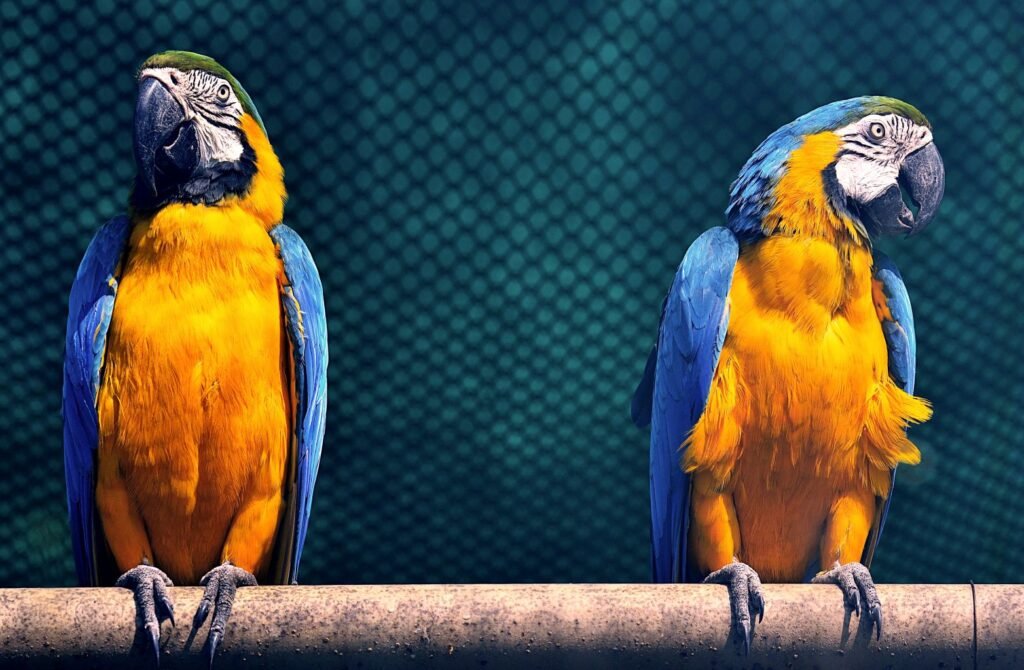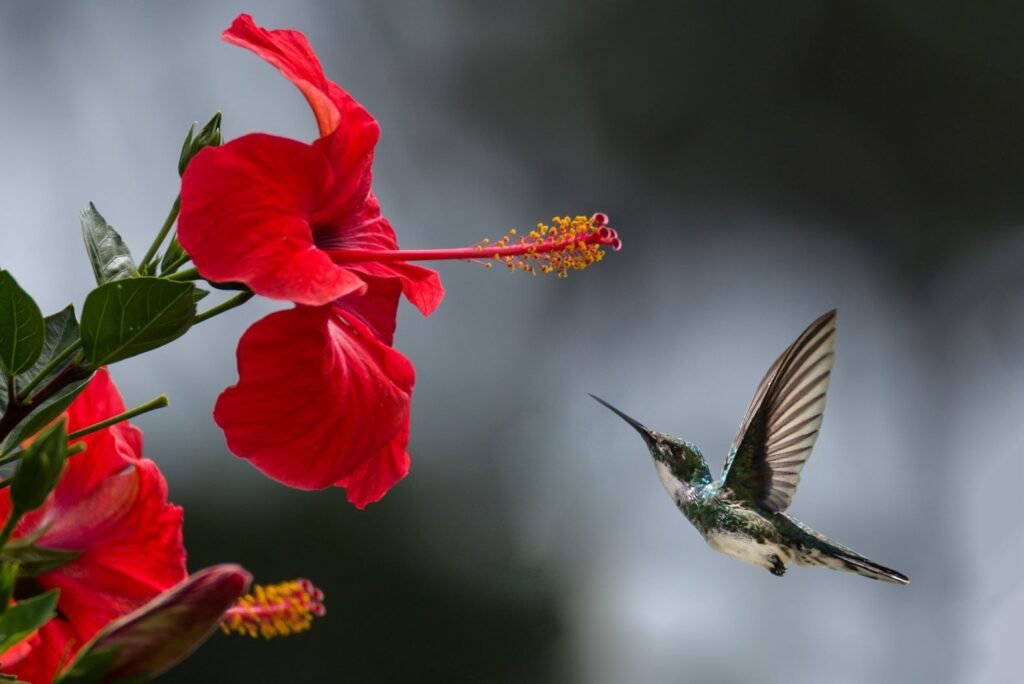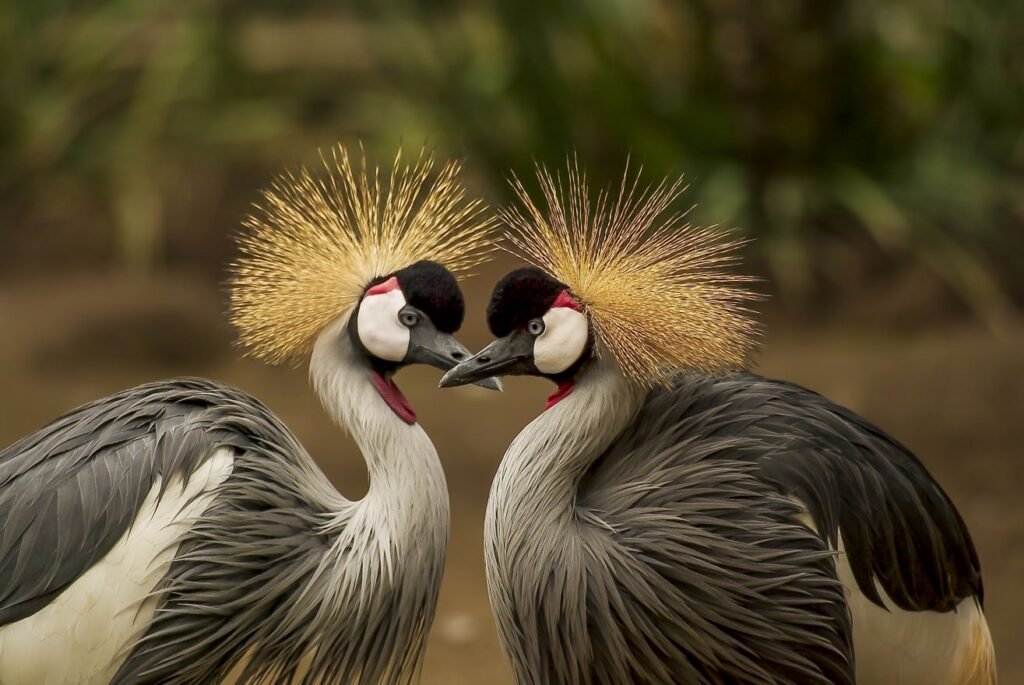Have you ever wondered why some birds are called what they are? How did they get their names and what do they mean?
Bird names can reveal a lot about the history, culture, and science of ornithology. Some names are descriptive, some are commemorative, and some are downright puzzling. But did you know that some bird names are also changing? In this article, we will explore the fascinating stories behind some of the most common and uncommon bird names, and explain why some birds are getting new names to reflect their true identity and diversity.

The origin and meaning of bird names:
Bird names come from various sources and languages, and often have interesting or surprising meanings. For example, the word “bird” itself comes from the Old English word “bridd“, which means “young or nestling bird”. The word “ornithology” comes from the Greek words “ornis“, which means “bird”, and “logos”, which means “study” or “word”.
Some bird names are based on their appearance, behavior, or habitat. For example, the **flamingo** gets its name from the Latin word “flammeus”, which means “flame-colored”, because of its pink feathers. The **hummingbird** gets its name from the humming sound it makes when it flies. The **penguin** gets its name from the Welsh words “pen”, which means “head”, and “gwyn”, which means “white”, because of its white face.
Some bird names are named after people, places, or things. For example, the **kiwi** is named after the Maori word for the bird, which is also the name of the fruit and the nickname for New Zealanders. The **cardinal** is named after the red robes worn by Catholic cardinals. The **turkey** is named after the country of Turkey, because it was mistakenly thought to originate from there.
Some bird names are derived from myths, legends, or folklore. For example, the **phoenix** is named after the mythical bird that rises from the ashes. The **raven** is named after the Norse god Odin’s messenger bird. The **owl** is named after the Greek goddess of wisdom, Athena, who had an owl as her symbol.

The reasons and benefits of changing bird names:
While some bird names have been around for centuries, others are more recent and subject to change. Some of the reasons why bird names are changing are:
– To correct mistakes or inaccuracies.
For example, the **bald eagle** is not really bald, but has white feathers on its head. The word “bald” comes from the Old English word “balde”, which means “white”. However, some people think that the name is misleading and propose to change it to **white-headed eagle**.
– To reflect new discoveries or classifications.
To give an example: the **sparrowhawk** is not really a hawk, but a type of accipiter, which is a different group of birds of prey. The name “sparrowhawk” comes from the fact that it preys on sparrows and other small birds. However, some people think that the name is confusing and propose to change it to **sparrow accipiter**.
– To honor or acknowledge the original or indigenous names or cultures.
For instance, the **Canada goose** is not really from Canada, but from North America. The name “Canada” comes from the Iroquois word “kanata”, which means “village” or “settlement”. However, some people think that the name is colonial and propose to change it to **North American goose** or **honker**.
– To remove or avoid offensive or insensitive names.
The **red-billed oxpecker** is a bird that feeds on the blood and parasites of large mammals, such as cattle and buffalo. The name “oxpecker” comes from the fact that it pecks at the oxen. However, some people think that the name is vulgar and propose to change it to **red-billed tickbird**.
Changing bird names can have many benefits, such as:
– Improving the accuracy and clarity of the names
– Respecting the diversity and dignity of the birds and the people
– Celebrating the beauty and uniqueness of the birds and their names
– Encouraging the curiosity and interest of the public and the birders
Conclusion:
Bird names are more than just labels. They are stories that tell us about the birds and ourselves. By learning about the origin and meaning of bird names, we can gain a deeper appreciation and understanding of the natural world. By changing some of the bird names, we can also make them more relevant and respectful for the present and the future. Bird names are not fixed, but fluid and evolving, just like the birds themselves.
If you enjoyed this article and love birds as much as we do, you might want to check out our store with bird-themed items. We have a variety of products, such t-shirts, posters, and more, that feature beautiful and original designs of your favorite birds. Whether you are looking for a gift for yourself or a fellow birder, you will find something that suits your taste and budget. Visit our store today and show your support for the birds!

